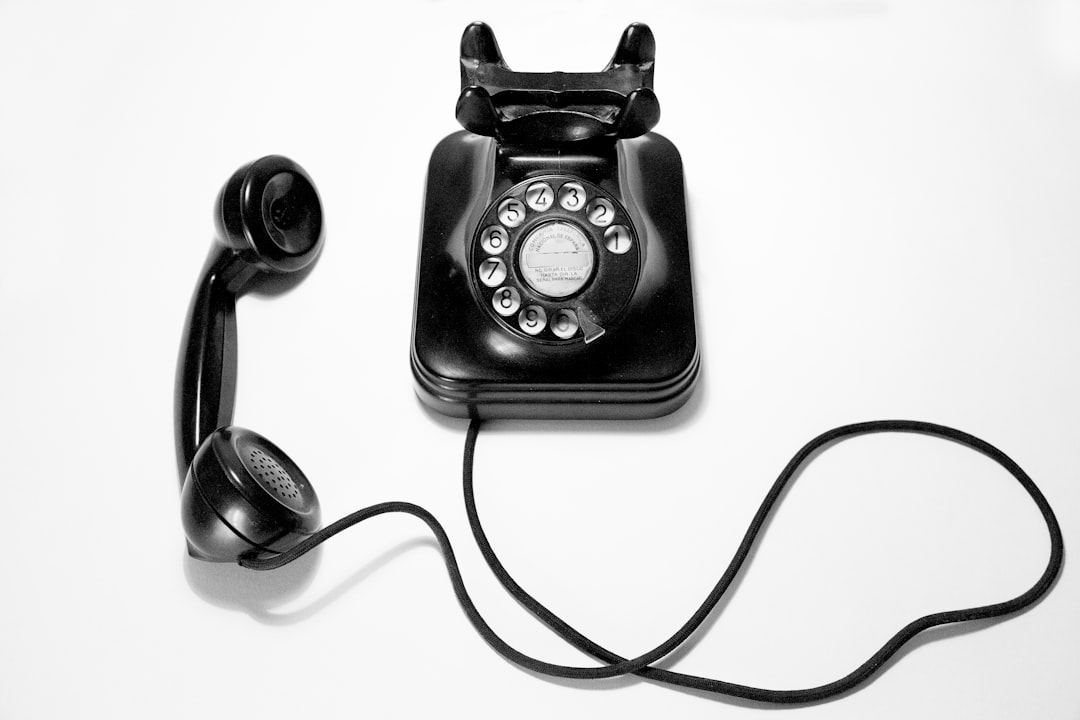West Virginia's "No Call" laws protect residents from unsolicited telemarketing calls, including legal services. Lawyers must obtain prior consent, avoid automated messages, respect do-not-call lists, and maintain personalized communications to comply. Violations result in fines and damage reputations, emphasizing the need for specialized guidance from a lawyer for No Call Laws West Virginia.
In today’s digital age, telemarketing plays a vital role in legal services outreach. For lawyers looking to navigate this landscape, understanding No Call Laws in West Virginia is crucial. This comprehensive guide explores the legal implications and consumer rights surrounding telemarketing practices. From protecting client privacy to adhering to strict regulations, we delve into exceptions, do’s, and don’ts specifically for attorneys. Empower yourself with knowledge on enforcement, penalties, and best practices to ensure compliance with No Call Laws in West Virginia.
Understanding No Call Laws in West Virginia

In West Virginia, the “No Call” laws are designed to protect residents from unwanted phone solicitations, including telemarketing calls from legal services providers. These laws are strictly enforced, and violators can face significant penalties. If a law firm or its representatives make unsolicited calls, offering legal advice or promoting their services, without first obtaining explicit consent, they may be in breach of these regulations.
Knowing and adhering to the No Call Laws is crucial for any lawyer or legal service provider operating in West Virginia. Residents have the right to expect that their personal information will not be subject to unsolicited commercial calls. Therefore, legal professionals should focus on obtaining prior authorization before making telemarketing attempts, ensuring compliance with state regulations, and preserving client trust and satisfaction.
Legal Implications for Telemarketers

In the realm of telemarketing, especially for legal services, understanding and adhering to the law is paramount to avoid significant legal implications. One crucial aspect often overlooked is navigating No Call Laws, particularly in states like West Virginia where such regulations are stringent. Violating these laws can lead to substantial fines and damage to a law firm’s reputation.
Telemarketers must be well-versed in local and state laws regarding consumer protection, including restrictions on cold calling and do-not-call lists. A lawyer specializing in No Call Laws West Virginia can offer invaluable guidance, ensuring compliance and minimizing the risk of legal repercussions. This proactive approach not only safeguards businesses but also fosters a positive relationship with clients, demonstrating a commitment to ethical practices.
Protecting Consumer Rights

In the realm of legal services, protecting consumer rights is paramount, especially concerning telemarketing practices. West Virginia has implemented strict regulations known as “No Call Laws” to safeguard individuals from unwanted phone solicitations. These laws empower residents to take control and prevent unsolicited calls, ensuring their peace of mind.
Consumers can exercise their rights by registering on the state’s Do Not Call list, which acts as a robust barrier against telemarketers. A lawyer specializing in No Call Laws West Virginia can guide individuals through this process, offering legal advice and representation when necessary. This proactive approach not only protects consumer privacy but also fosters a fair and transparent business environment.
Exceptions and Do's/Don'ts for Lawyers

In West Virginia, lawyers are subject to the same No Call Laws as any other professional, but there are exceptions. If a lawyer is representing a client in litigation or has a pre-existing relationship with a prospective client, they may contact them directly without violating these laws. It’s crucial for legal professionals to understand these exemptions to ensure compliance and avoid potential penalties.
When it comes to do’s and don’ts, lawyers should never make automated calls, use prerecorded messages, or text unless explicitly permitted by the recipient. They must obtain prior express consent from individuals before calling, and they should respect requests to be removed from call lists. Always ensure that any communication is personalized, relevant, and not overly frequent to maintain client relationships and avoid frustrating potential clients.
Enforcement & Penalties: What You Need to Know

In West Virginia, enforcement of No Call Laws is handled by the Attorney General’s Office, which actively monitors and investigates complaints related to telemarketing practices. If a lawyer for No Call Laws West Virginia finds that a business has violated these laws, penalties can include substantial fines and legal repercussions. These penalties serve as a deterrent to unethical telemarketing behaviors and protect consumers from unwanted calls.
Consumers who believe their rights have been violated under West Virginia’s No Call Laws can file a complaint with the Attorney General’s Office. By reporting such incidents, individuals not only contribute to enforcing the laws but also help create awareness that could lead to further improvements in telemarketing regulations. This collaborative effort ensures that businesses adhere to legal standards and respects consumers’ privacy.






